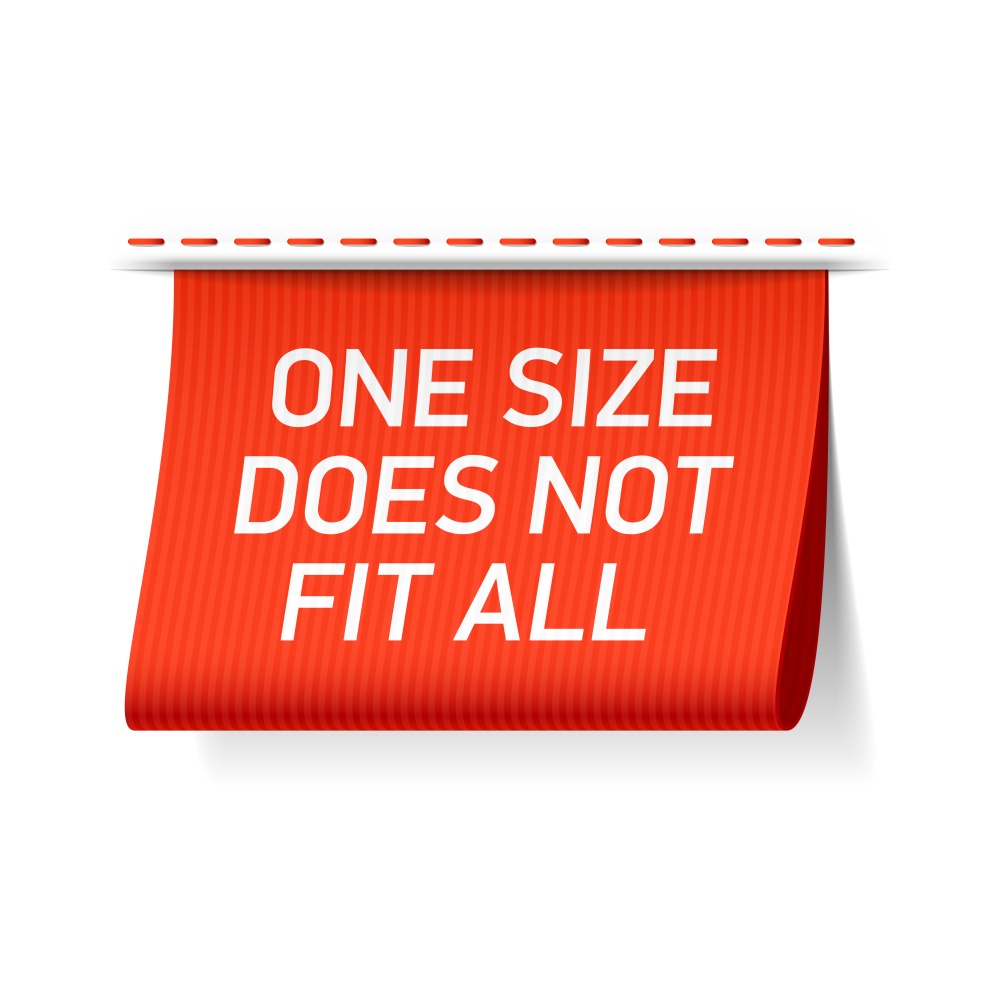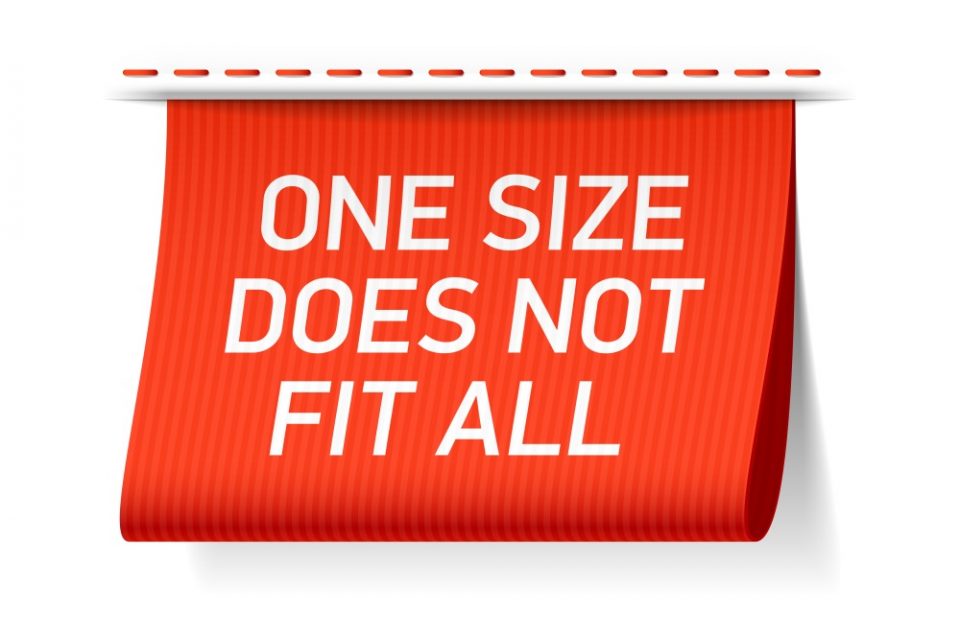
What is the best type of diet to go on?
That’s the big question isn’t it, as everyone is searching for the best diet, the most effective way to “burn fat” or “get shredded”. I have an answer for that question, but first let’s explore why it has nothing to do with calorie counting. Counting calories is a soulless way to exist (in my opinion), but my main issue is that it doesn’t factor in the real reason why we eat food: to absorb nutrients.
What is a calorie?
A calorie is a unit of energy. Technically, a kcal is the approximate amount of energy needed to raise the temperature of one gram of water by one degree Celsius at a pressure of one atmosphere. You’ll also see Kcal listed on food packaging and this relates to a kilogram rather than a gram – so 1000 small calories is a Kcal.
Not all calories are created equal
The conventional view of ‘a calorie is a calorie’ has now been dismissed as inaccurate by most experts. A calorie of fat will have a different effect on the body than a calorie of protein or carbohydrate for example, and this means not all calories are equal. This is another reason why calorie counting is not a valid way to lose weight. It is now widely believed that it is excessive refined carbohydrates that increase the risk of metabolic conditions such as obesity and type II diabetes, rather than fat (listen to my recent podcast on why we shouldn’t fear fat for more on this topic). That said, no one macronutrient should be vilified, they are all an important part of our diet when consumed in moderation.
Calorie intake has no relation to nutrients
You could follow a 1500 calorie-a-day diet but would it contain a balance of macronutrients and micronutrients and provide you with the energy you need? It’s the same thing with points; any system that requires you to count calories or points is ignoring the nutrient value of food, and there is a good chance that you might be losing weight because you’ve cut down on your calories, but are not getting a balanced diet rich in vitamins and minerals.
We all burn calories uniquely
Firstly, there is no one-size-fits-all in terms of calorie burn; we all burn calories differently based on genes, epigenetics, brown fat*, sleep and hormones. Your exercise levels and level of Daily Life Movement will affect your calorie burn, and even wearable tech will only be able to estimate the number of calories you’re burning whilst moving. Trying to match your energy balance with any degree of accuracy will be tricky and underestimating by even as little as 100 calories a day can result in significant weight gain over time.
Calories on packaging can be highly inaccurate
The estimated calorie content on labels can be inaccurate by up to 20%, which is vast especially if you’re relying on food labels for most of your meals. For this reason alone, relying on food labeling is a very inaccurate way of monitoring.
We often overestimate our portion sizes
Research has shown that we often overestimate how much we eat and underestimate how much we consume. Often when we request food diaries, clients surprise themselves with just how much they’re eating or snacking. Very often, the food diaries don’t actually make it to us but serve their purpose. Another factor to consider is that we often don’t absorb all the calories we eat, which can depend on our gut bacteria for example, or how stressed we are. How we prepare our food also affects its calorie count.
So, what is the best type of diet to go on?
The best type of diet is the one you can follow. It’s as simple as that. The same for exercise. Personally, I don’t follow a specific type of diet plan. I eat a predominantly plant-based diet, eat high-quality animal protein twice a week and 2-3 times a week I’ll have chocolate, cakes or something similar as a treat. My body is relatively free of disruptors (prolonged stress, poor sleep, alcohol, caffeine, etc) and it’s found its set point, which means I eat when I’m hungry and stop when I’m full and don’t have a problem with body composition. Find what works for you and run with that. Make it personal. Use testing and your intuition to discover what your body responds to, and you’ll never have to diet a day in your life.
* Brown fat or brown adipose tissue (BAT) is a type of fat which is typically found in the upper back and shoulders. Brown fat generates heat by burning calories, and burns white fat in the process. A great way to activate BAT is to have a cold shower, focusing the cold water on your upper back and shoulders for 2-3 minutes or longer. See my previous blog post for more on this.
What’s your Health IQ?
If you’re reading this, you’re are probably in a reasonably senior position, running your own business or have a busy life running the home and juggling other responsibilities. Either way, you’re busy. The convergent pressures of work and family life have probably meant that the time you did have to spend on health and fitness has disappeared. Why not talk to us and see how we can help.
Leanne Spencer is an entrepreneur, coach, TEDx Speaker, author of Remove the Guesswork, and founder of Bodyshot Performance Limited. Bodyshot is a health and fitness consultancy that helps busy professionals get more energy by removing the guesswork around their health, fitness and nutrition. Visit www.bodyshotperformance.com or email info@bodyshotperformance.com to register your interest in our services and connect with us on Facebook, Instagram and Twitter.


